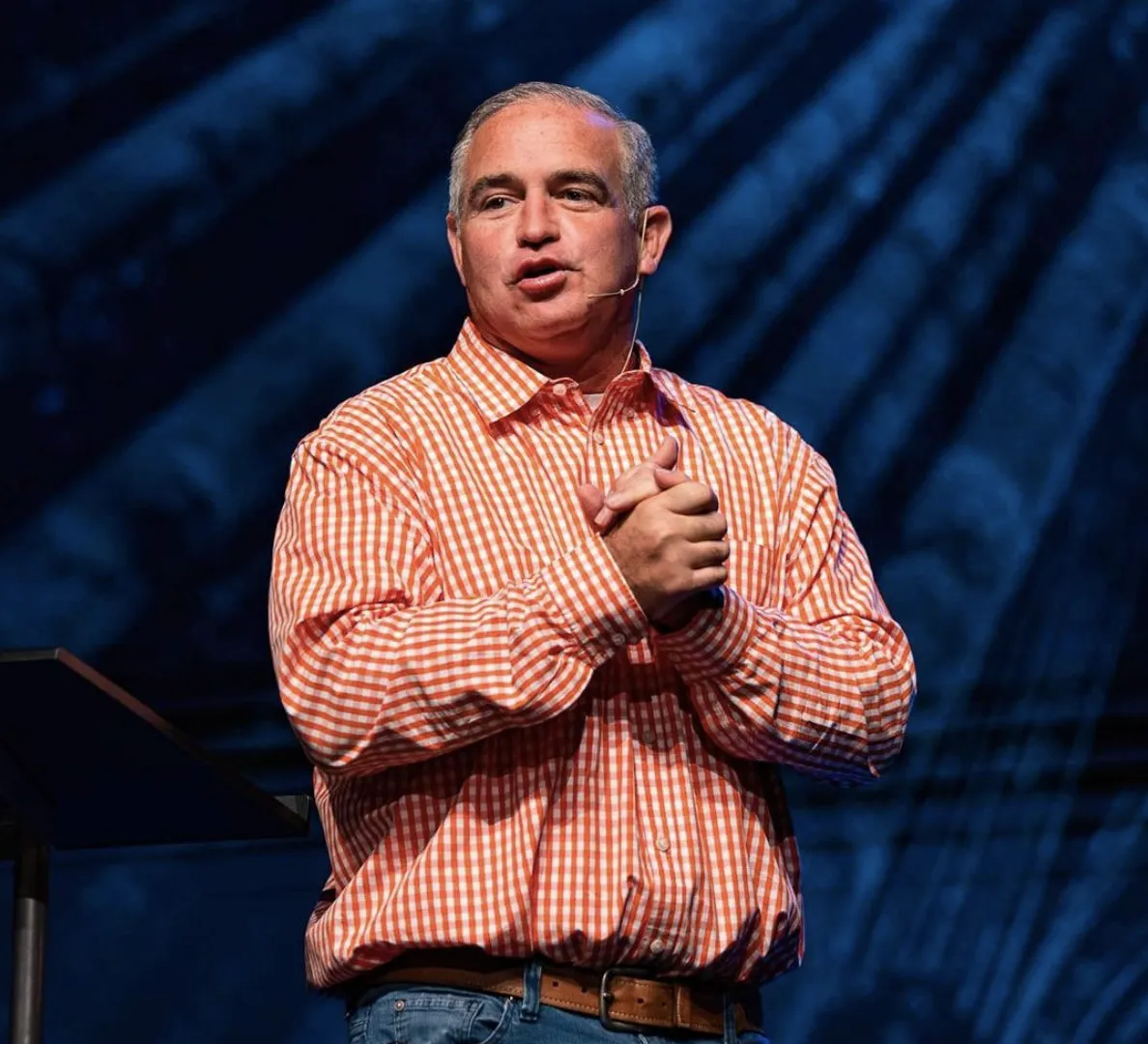Outreach On Autopilot
Outreach On Autopilot

Making Sense of How To Rank on Page One of Google & The Difference between SEO & SEM
Making Sense of How To Rank on Page One of Google & The Difference between SEO & SEM
Are you looking to improve your church website's search engine rankings and drive more traffic to your site?
If so, you may have heard about search engine optimization (SEO) and search engine marketing (SEM). These two strategies are often used together to improve a website's visibility in search engine results pages (SERPs), but they are not the same thing.
In this blog post, we'll explain the difference between SEO and SEM, and provide some tips on how to rank on page one of Google.
First, let's define SEO and SEM.
SEO refers to the practice of optimizing your website and its content to improve its visibility and ranking in search engine results pages. This is done through a variety of techniques, including keyword research and analysis, content optimization, and link building. The goal of SEO is to improve the organic (unpaid) search results for a website, making it more likely that people will find and visit the site.
SEM, on the other hand, refers to the practice of using paid advertising to improve a website's visibility in search results. This can be done through various forms of paid advertising, such as pay-per-click (PPC) advertising or display advertising. The goal of SEM is to drive more targeted traffic to a website through paid advertising, rather than relying solely on organic search results.
So, what's the difference between SEO and SEM?
In short, SEO is focused on improving the organic search results of a website, while SEM is focused on driving traffic to a website through paid advertising. Both strategies can be effective in improving a website's visibility in search results, but they work in different ways and have different goals.
Now that we've defined SEO and SEM, let's talk about how to rank on page one of Google.
There are a few key factors that Google considers when ranking websites in its search results:
Relevance: Google wants to show the most relevant and useful results to users. To improve your website's relevance, make sure to include relevant keywords in your website's content, title tags, and meta descriptions.
Authority: Google wants to show the most authoritative and trustworthy results to users. To improve your website's authority, focus on building high-quality backlinks from other reputable websites.
User experience: Google wants to show the best user experience to its users. To improve your website's user experience, make sure your website is mobile-friendly, has a fast loading speed, and is easy to navigate.
Content quality: Google wants to show the highest quality and most valuable content to its users. To improve your website's content quality, focus on creating well-written, informative, and engaging content that provides value to your visitors.
In addition to these factors, there are many other technical SEO factors that can impact your website's ranking, such as the use of header tags, alt text for images, and proper use of internal and external links.
While SEO and SEM are two different strategies, they can work together to improve a website's visibility in search results. For example, you might use SEO to optimize your website's content and structure, and then use SEM to drive targeted traffic to your site through paid advertising.
In conclusion, SEO and SEM are two strategies that can be used to improve a website's visibility in search results. SEO is focused on improving the organic search results of a website, while SEM is focused on driving traffic to a website through paid advertising. By understanding the difference between these two strategies and how they can work together, you can effectively improve your website's ranking on page one of Google and drive more traffic to your site.
Apply To Have Us Help You Get The Grant & Launch Your First Ad Campaign, For Free!
What others are saying about us

"Jesse from the Digital Missions Project has been so helpful with a unique project I’m working on! If you need guidance in the digital ad space, he is your man!"
- Ronee DeLeon | Grace Fellowship


"If you are a church or nonprofit leader learn how to take advantage of google ad grants to grow your ministry. Reach out to Jesse Carbo and the team at Digital Missions Project and they will hook you up."
- Eric Jaffe | Journey Church


"We use Jesse Carbo and his team here at Impact Church. They are amazing and would highly recommend them."
- Phil Owens | Impact Church

Outreach On Autopilot
SCOPE of work
Grow Your Church With Free Ads From Google.
A team of marketing experts & experienced pastors delivering quality campaigns to help you reach the lost.
A missions first - marketing second approach.
A team of ad experts, web dev/design and strategists for the fraction of one staff member.
Kingdom minded partners that over deliver.
Unlimited ad creation or until the grant funds are depleted.
No annual contracts or hidden fees.
Family based team with years of ministry experience.
The Digital Missions Project exists to help you reach
& connect with people online.

Apply To Have Us Help You Get The Grant & Launch Your First Ad Campaign, For Free!
BENEFITS
Outreach
On Autopilot
Start thinking like a missionary.
Discover people in your community who are ready for transformation.
Deliver value exactly where people are searching.
Engage the lost with hope and truth.
Pray for people outside the walls of the church.


